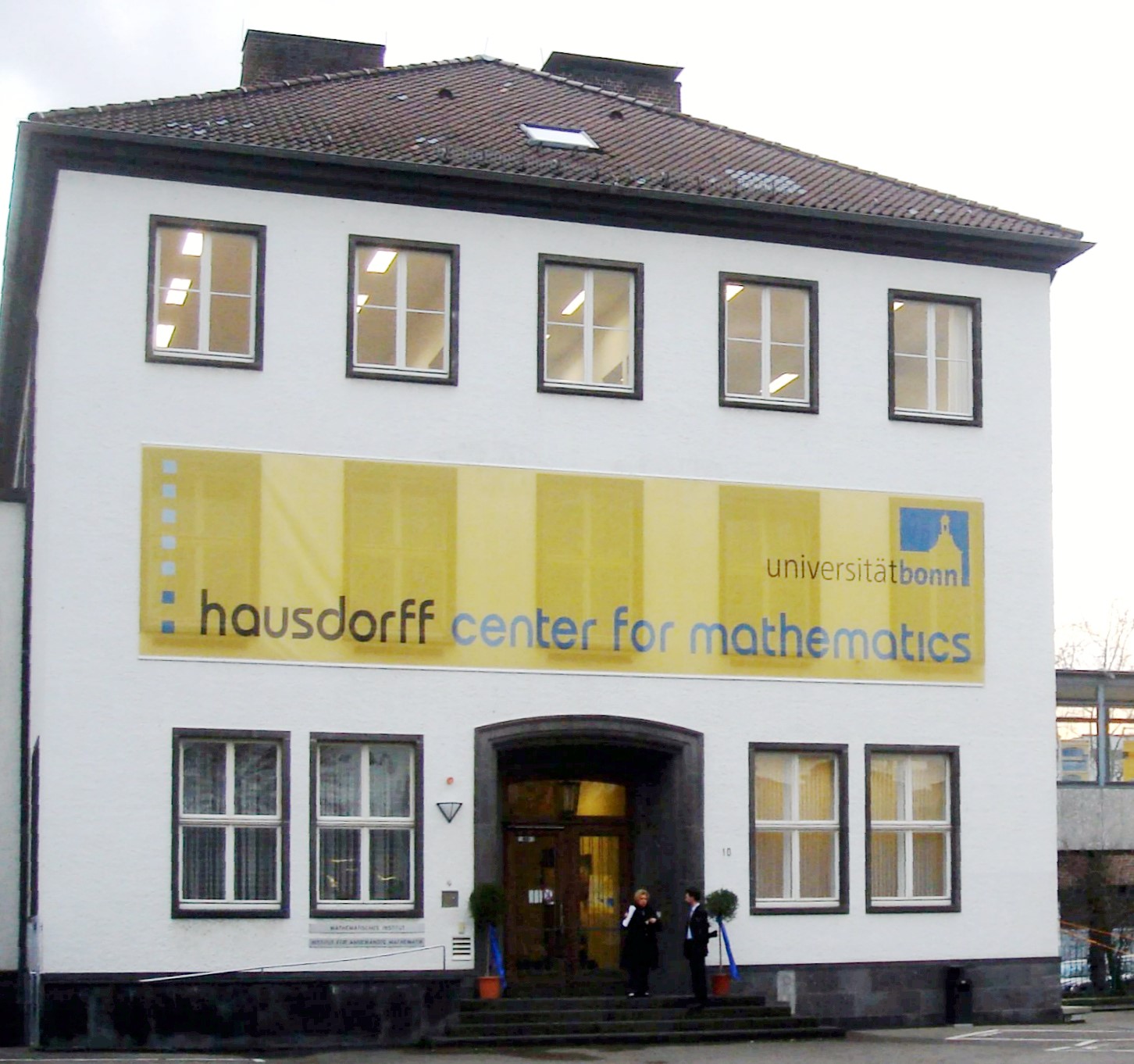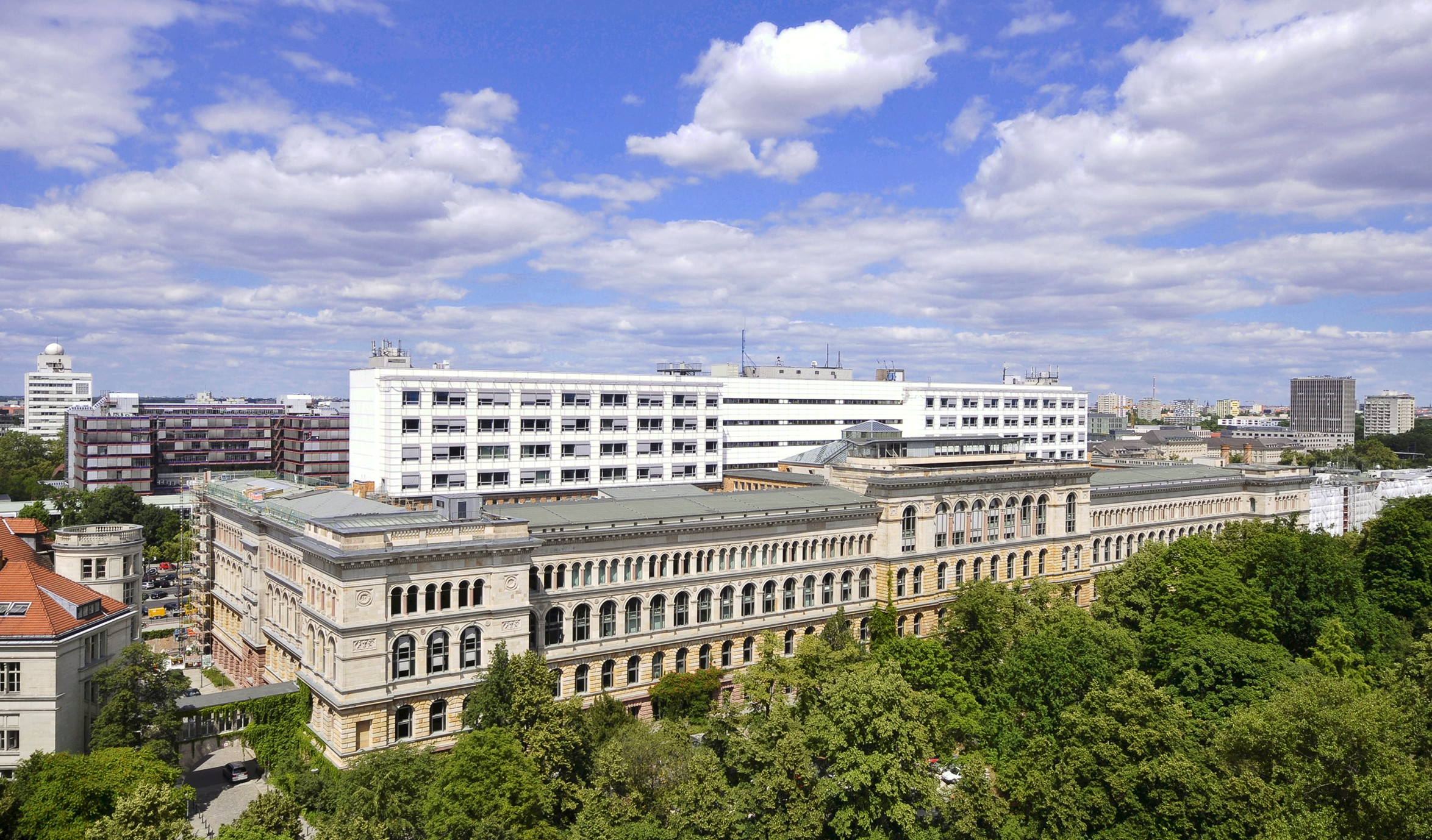|
Irmgard Abs-Wurmbach
Irmgard Abs-Wurmbach (December 19, 1938 – April 8, 2020) was a German mineralogist and the mineral Abswurmbachite is named after her. She was professor at Technische Universität Berlin (TU-Berlin). Life She was professor for applied mineralogy at the TU Berlin since 1991. Previously, she taught and researched at the University of Bonn, Ruhr-University Bochum, University of Bern and Philipps-University Marburg The Philipps University of Marburg () is a public university, public research university located in Marburg, Germany. It was founded in 1527 by Philip I, Landgrave of Hesse, which makes it one of Germany's oldest universities and the oldest sti .... She did research in the field of absorption, electron spin resonance and Mößbauer spectroscopy. Awards The mineral Abswurmbachite is named after her. References German mineralogists Academic staff of Technische Universität Berlin University of Bonn alumni 1938 births 2020 deaths {{Germany-geol ... [...More Info...] [...Related Items...] OR: [Wikipedia] [Google] [Baidu] |
University Of Bonn
The University of Bonn, officially the Rhenish Friedrich Wilhelm University of Bonn (), is a public research university in Bonn, North Rhine-Westphalia, Germany. It was founded in its present form as the () on 18 October 1818 by Frederick William III, as the linear successor of the () which was founded in 1777. The University of Bonn offers many undergraduate and graduate programs in a range of subjects and has 544 professors. The University of Bonn is a member of the U15 (German universities), German U15 association of major research-intensive universities in Germany and has the title of "University of Excellence" under the German Universities Excellence Initiative. Bonn has 6 Clusters of Excellence, the most of any German university; the Hausdorff Center for Mathematics, the Matter and Light for Quantum Computing cluster, Bonn Center for Dependency and Slavery Studies, PhenoRob: Research for the Future of Crop Production, the Immune Sensory System cluster, and ECONtribute: M ... [...More Info...] [...Related Items...] OR: [Wikipedia] [Google] [Baidu] |
Abswurmbachite
Abswurmbachite is a copper manganese silicate mineral ((Cu,Mn2+)Mn3+6O8SiO4). It was first described in 1991 and named after Irmgard Abs-Wurmbach (born 1938), a German mineralogist. It crystallizes in the tetragonal system. Its Mohs scale rating is 6.5 and a specific gravity of 4.96. It has a metallic luster and its color is jet black, with light brown streaks. See also *List of minerals *List of minerals named after people This is a list of minerals named after people. The chemical composition of the mineral follows the name. A * Abelsonite: – American physicist Philip Hauge Abelson (1913–2004) * Abswurmbachite: – German mineralogist Irmgard Abs-Wurmbac ... References Mindat.org – Abswurmbachite [...More Info...] [...Related Items...] OR: [Wikipedia] [Google] [Baidu] |
Technische Universität Berlin
(TU Berlin; also known as Berlin Institute of Technology and Technical University of Berlin, although officially the name should not be translated) is a public university, public research university located in Berlin, Germany. It was the first German university to adopt the name "Technische Universität" (university of technology). The university alumni and staff includes several United States National Academies, US National Academies members, two National Medal of Science laureates, the creator of the first fully functional programmable (electromechanical) computer, Konrad Zuse, and ten Nobel Prize laureates. TU Berlin is a member of TU9, an incorporated society of the largest and most notable German institutes of technology and of the Top International Managers in Engineering network, which allows for student exchanges between leading engineering schools. It belongs to the Conference of European Schools for Advanced Engineering Education and Research. The TU Berlin is home of ... [...More Info...] [...Related Items...] OR: [Wikipedia] [Google] [Baidu] |
Ruhr University Bochum
The Ruhr University Bochum (, ) is a public research university located in the southern hills of the central Ruhr area, Bochum, Germany. It was founded in 1962 as the first new public university in Germany after World War II. Instruction began in 1965. The Ruhr-University Bochum is one of the largest universities in Germany and part of the Deutsche Forschungsgemeinschaft, the most important German research funding organization. The RUB was very successful in the Excellence Initiative of the German Federal and State Governments (2007), a competition between Germany's most prestigious universities. It was one of the few institutions left competing for the title of an "elite university", but did not succeed in the last round. There are currently nine universities in Germany that hold this title. The University of Bochum was one of the first universities in Germany to introduce international bachelor's and master's degrees, which replaced the traditional German Diplom and Magist ... [...More Info...] [...Related Items...] OR: [Wikipedia] [Google] [Baidu] |
University Of Bern
The University of Bern (, , ) is a public university, public research university in the Switzerland, Swiss capital of Bern. It was founded in 1834. It is regulated and financed by the canton of Bern. It is a comprehensive university offering a broad choice of courses and programs in eight faculty (division), faculties and some 150 institutes. With around 19,000 students, the University of Bern is the third largest university in Switzerland. Organization The University of Bern operates at three levels: university, faculties and institutes. Other organizational units include interfaculty and general university units. The university's highest governing body is the Senate, which is responsible for issuing statutes, rules and regulations. Directly answerable to the Senate is the University Board of Directors, the governing body for university management and coordination. The board comprises the rector, the vice-rectors and the administrative director. The structures and functions of ... [...More Info...] [...Related Items...] OR: [Wikipedia] [Google] [Baidu] |
University Of Marburg
The Philipps University of Marburg () is a public research university located in Marburg, Germany. It was founded in 1527 by Philip I, Landgrave of Hesse, which makes it one of Germany's oldest universities and the oldest still operating Protestant university in the world. It is now a public university of the state of Hesse, without religious affiliation. The University of Marburg has about 23,500 students and 7,500 employees and is located in Marburg, a town of 76,000 inhabitants, with university buildings dotted in or around the town centre. About 14% of the students are international, the highest percentage in Hesse. It offers an international summer university programme and offers student exchanges through the Erasmus programme. History In 1609, the University of Marburg established the world's first professorship in chemistry. In 2012 it opened the first German interactive chemistry museum, called '. Its experimental course programme is aimed at encouraging young people ... [...More Info...] [...Related Items...] OR: [Wikipedia] [Google] [Baidu] |
German Mineralogists
German(s) may refer to: * Germany, the country of the Germans and German things **Germania (Roman era) * Germans, citizens of Germany, people of German ancestry, or native speakers of the German language ** For citizenship in Germany, see also German nationality law **Germanic peoples (Roman era) *German diaspora * German language * German cuisine, traditional foods of Germany People * German (given name) * German (surname) * Germán, a Spanish name Places * German (parish), Isle of Man * German, Albania, or Gërmej * German, Bulgaria * German, Iran * German, North Macedonia * German, New York, U.S. * Agios Germanos, Greece Other uses * German (mythology), a South Slavic mythological being * Germans (band), a Canadian rock band * "German" (song), a 2019 song by No Money Enterprise * ''The German'', a 2008 short film * "The Germans", an episode of ''Fawlty Towers'' * ''The German'', a nickname for Congolese rebel André Kisase Ngandu See also * Germanic (disambiguat ... [...More Info...] [...Related Items...] OR: [Wikipedia] [Google] [Baidu] |
Academic Staff Of Technische Universität Berlin
An academy (Attic Greek: Ἀκαδήμεια; Koine Greek Ἀκαδημία) is an institution of tertiary education. The name traces back to Plato's school of philosophy, founded approximately 386 BC at Akademia, a sanctuary of Athena, the goddess of wisdom and Skills, skill, north of Ancient Athens, Athens, Greece. The Royal Spanish Academy defines academy as scientific, literary or artistic society established with public authority and as a teaching establishment, public or private, of a professional, artistic, technical or simply practical nature. Etymology The word comes from the ''Academy'' in ancient Greece, which derives from the Athenian hero, ''Akademos''. Outside the city walls of Athens, the Gymnasium (ancient Greece), gymnasium was made famous by Plato as a center of learning. The sacred space, dedicated to the goddess of wisdom, Athena, had formerly been an olive Grove (nature), grove, hence the expression "the groves of Academe". In these gardens, the philos ... [...More Info...] [...Related Items...] OR: [Wikipedia] [Google] [Baidu] |
University Of Bonn Alumni
A university () is an institution of tertiary education and research which awards academic degrees in several academic disciplines. ''University'' is derived from the Latin phrase , which roughly means "community of teachers and scholars". Universities typically offer both undergraduate and postgraduate programs. The first universities in Europe were established by Catholic monks. The University of Bologna (), Italy, which was founded in 1088, is the first university in the sense of: *being a high degree-awarding institute. *using the word (which was coined at its foundation). *having independence from the ecclesiastic schools and issuing secular as well as non-secular degrees (with teaching conducted by both clergy and non-clergy): grammar, rhetoric, logic, theology, canon law and notarial law.Hunt Janin: "The university in medieval life, 1179–1499", McFarland, 2008, , p. 55f.de Ridder-Symoens, Hilde''A History of the University in Europe: Volume 1, Universities in th ... [...More Info...] [...Related Items...] OR: [Wikipedia] [Google] [Baidu] |
1938 Births
Events January * January 1 – state-owned enterprise, State-owned railway networks are created by merger, in France (SNCF) and the Netherlands (Nederlandse Spoorwegen – NS). * January 20 – King Farouk of Egypt marries Safinaz Zulficar, who becomes Farida of Egypt, Queen Farida, in Cairo. * January 27 – The Honeymoon Bridge (Niagara Falls), Honeymoon Bridge at Niagara Falls, New York, collapses as a result of an ice jam. February * February 4 ** Adolf Hitler abolishes the War Ministry and creates the Oberkommando der Wehrmacht (High Command of the Armed Forces), giving him direct control of the German military. In addition, he dismisses political and military leaders considered unsympathetic to his philosophy or policies. General Werner von Fritsch is forced to resign as Commander of Chief of the German Army following accusations of homosexuality, and replaced by General Walther von Brauchitsch. Foreign Minister Baron Konstantin von Neurath is dismi ... [...More Info...] [...Related Items...] OR: [Wikipedia] [Google] [Baidu] |





